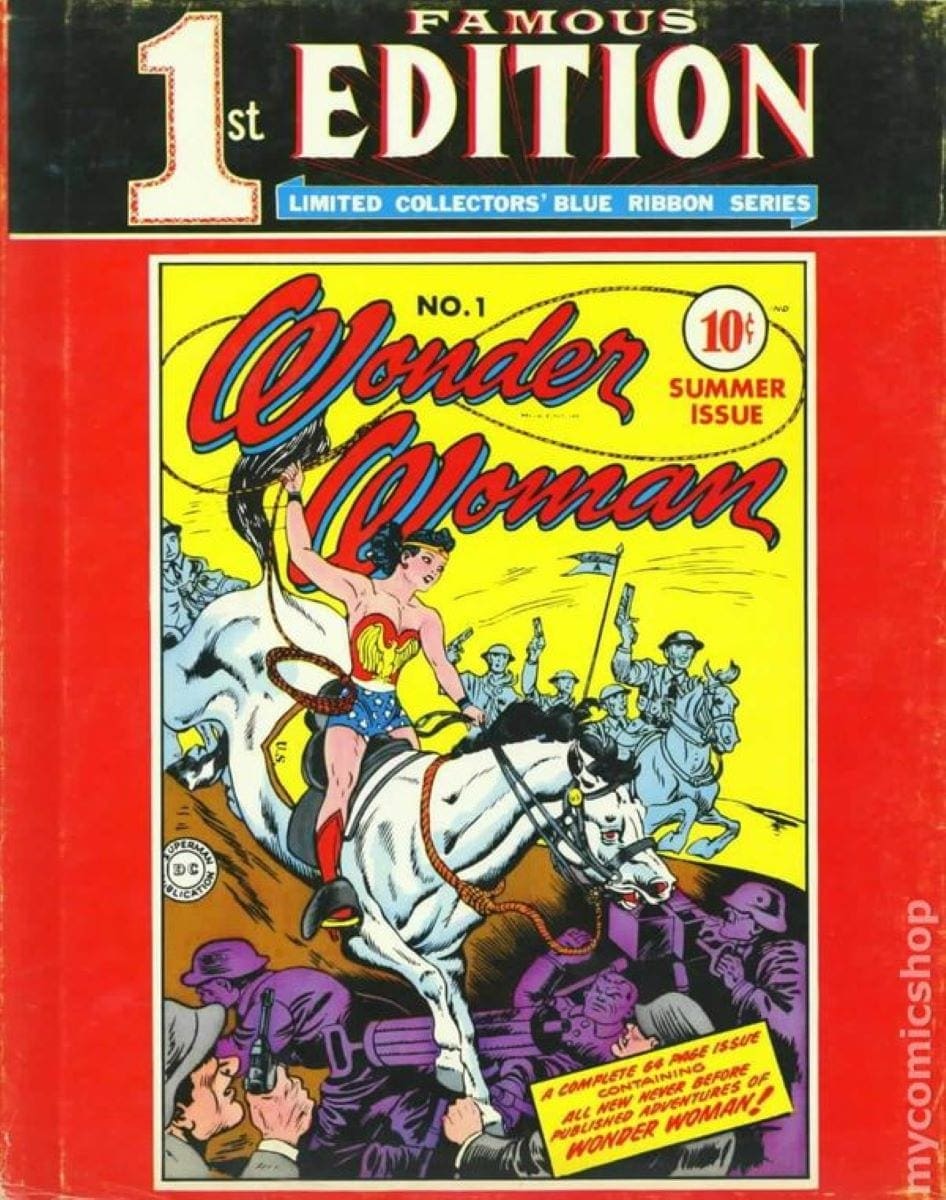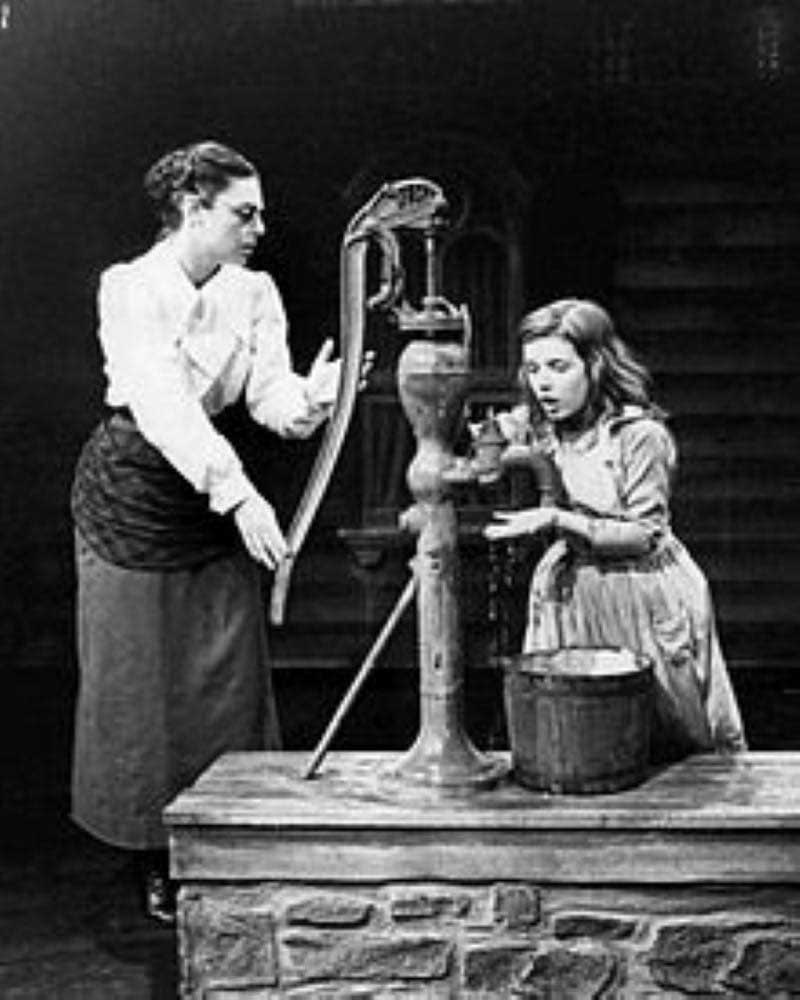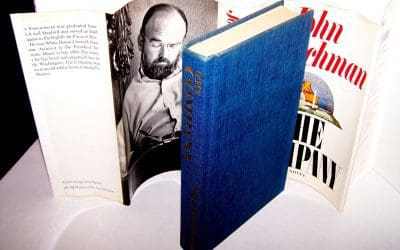Writers at Large (W@L) came to me by climbing through the basement window—not walking through the front door. Three highly unlikely, unrelated, literary influences shaped the passions of my heart and mind: comic books, The Miracle Worker, and The Diary of a Young Girl. More specifically, Wonder Woman, Supergirl, Lois Lane; Helen Keller; and Anne Frank. Falling in love with each of them and their uniquely feminine powers, transformed me into someone who needed to transfuse their lifeblood into others.


While I was growing up, Samantha and Jeannie represented TV’s top heroines: two beautiful blondes, one with a hubby and the other a “Master,” red-faced yelling at them every episode if they dared use their super-human powers.
Wonder Woman and Supergirl were the antidotes to this feigned weakness: The first, an immortal Amazon and WWII war hero, never suffered the cultural contamination her young readers encountered daily; Supergirl, other-worldly, could stop a locomotive with her baby finger. Then we had Lois Lane, a mere mortal, yet star of her own comic book, using her brains every issue as reporter-sleuth, with beauty mostly incidental.
No one was telling these comic-book heroines to play dumb or weak. Even the sexy, slinky villainess, Catwoman, fueled my imagination more than those two neutered TV blondes.
My first really close friend who died was Anne Frank. This thoughtful young girl, who packed her wit, charm, and energy into every page of her diary, has been the best friend of millions of tender-aged girls since her death in WWII, just weeks before the Nazis’ surrender.
In 5th grade I wrote a letter to her father, Otto, expressing my grief over the loss of “Miss Quack Quack,” as she was called in school. I begged him to tell me it wasn’t true, that she was really still alive, that her belief in the essential goodness of man wasn’t a mistake. I was only ten when the memoirs of a young girl had taught me the horrors of the Holocaust and the value of human life. This book, this experience of intimately knowing a pre-teen embarking on her journey into womanhood, changed me forever. Her experiences became my own–nurtured empathy, curiosity, compassion–gave me a compressed understanding of life beyond what my limited years could provide.
“This thought, if a wordless sensation may be called a thought…”
The miraculous Helen Keller believed this moment, this remembering of that single word–“water”– marked the precise instant when she became, fully, human.
In Helen’s own words: She [Annie Sullivan] brought me my hat, and I knew I was going out into the warm sunshine. This thought, if a wordless sensation may be called a thought, made me hop and skip with pleasure.
Gibson’s dramatic scene captures the actual event verbatim, with young Helen Keller excitedly patting the ground, the water pump, the chest of her own mother: I left the well-house eager to learn. Everything had a name, and each name gave birth to a new thought. As we returned into the house, every object which I touched seemed to quiver with life. That was because I saw everything with the strange, new sight that had come to me.


Even as a child lacking sophistication and subtlety, I intuited that language, a vessel for moving meaning from person to person, was utterly profound. Writing and reading harnessed even further the power of knowledge, storing it for future use like some infinite battery, whether echoing back to the inception of the universe or rocketing forward into our imagined future. Inside this sprawl, our tireless desire to share stories connects us all.
In a nutshell, Supergirl and Wonder Woman modeled for me that women can be heroes, too; The Miracle Worker led me to understand in my bones how language IS our Super Power; and Anne Frank showed me the intimate and eternal relationship between reader and writer. Through reading, we can love beyond death, escape our bodies by entering another’s mind, and transform our own lives and the lives of others by sharing our common humanity.
So, these three sources shaped the passion I feel for words–written, read, and spoken—to the point where facilitating their craft became my life’s calling. These literary influences may have brought me in through the basement window, but I dashed up the stairs, short of breath to be sure, and can now unlock the front door to invite each of you in to join me at Writers at Large.
Part II will continue in upcoming weeks with the practical, program outcomes of all these lofty words and notions. Hint: One of them is RIFF.







Thea Thanks for this peek into the energy field out of which your writing bloomed. As we do laps in the pool of cutural contamination it helps to see examples of people swimming outside the lane marked “this is your life”. Basement windows, holes in the fence, what ever it takes for as long as it takes to get the story that feels true. If evolutionary pressure is reaching the top of a bell curve words may become the threads of our parachute.
Thanks, Chris, for reading my piece and posting a response. Always great to hear from that generous and creative mind of yours. I think our words are only as good as our listener, and, in writing, it is in the quality of the reading.